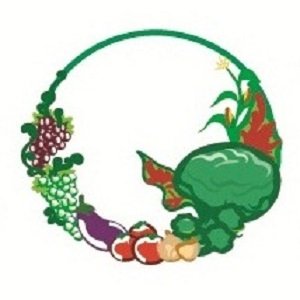The Foundation of Featherstone Farm’s Organic Vision
No story of the Featherstone Farm Mission Statement would be complete without an explanation of the original source of my vision for organic agriculture- and the source of the farm’s name. This is a very personal story for me, so I will tell it in the first person
My great grandfather Alexander “AP” Anderson was a farmer, inventor and late 19th century innovator in ecological restoration. He was born on his Swedish family’s homestead in Featherstone Township just north of Red Wing, in 1862 [precisely 35 days before 38 Dakota warriors were hanged in Mankato; these two stories are interrelated at some fundamental and for me, deeply uncomfortable level, it must be said]. For 25 years he worked his family’s homestead and taught one room schoolhouse, before a series of remarkable events sent him to the University of Minnesota and then onto Munich, Germany, where he received his PhD in plant physiology in 1896.
AP went on to do many remarkable things in the next 20 years, from New York to South Carolina (where he met my great grandmother) to Chicago. But he was fundamentally a farm boy who had grown up as close to the native prairies and oak savannas of SE Minnesota as any Swedish immigrant could imagine. His academic and professional work layered an element of scientific understanding over this grounding in agriculture and the ecology of the Driftless Area. And this in turn magnified his vision and animated his work for the remainder of his life, when he returned to Goodhue County and resettled, returning to farming.
My grandmother- a huge presence in my life for nearly 40 years- was born and raised at Tower View, the working farm that AP built along what is now Highway 61 just north of Red Wing.
I know all of this because, toward the end of his life AP wrote an extended memoir, which he self published in 1941. This memoir is chock full of accounts of his youth on the homestead; what he did and saw and understood was going on as the landscape transformed with settlement. I got my hands on this book when I was an impressionable and idealistic 20 year old. I read it cover to cover (the prose parts, anyway; there is a lot of verse of dated and somewhat questionable value in there too J). This reading transformed my life, and guided me into organic agriculture as a vocation.
There is no question in my mind that AP Anderson would have been an organic farmer, had the concept been known at the time. Featherstone Farm’s commitment to organic principles in agriculture- as well as environmental and ecological health in general- are inspired directly by AP Anderson’s legacy. This commitment is enshrined in the farm’s Mission Statement. For me, it is a deeply personal as well as intensely pragmatic commitment, as I believe it was for my great grandfather.
To give you a sense of this, I will open my tattered copy of The Seventh Reader (AP’s memoir), turn to page 250 and photo just one short passage of this vision to share with you. I believe this work speaks clearly for itself, and requires no further introduction:
This, then, is why we do what we do at Featherstone Farm.
Thank you for your ongoing support for this vision and this work.
Gratefully- Jack


